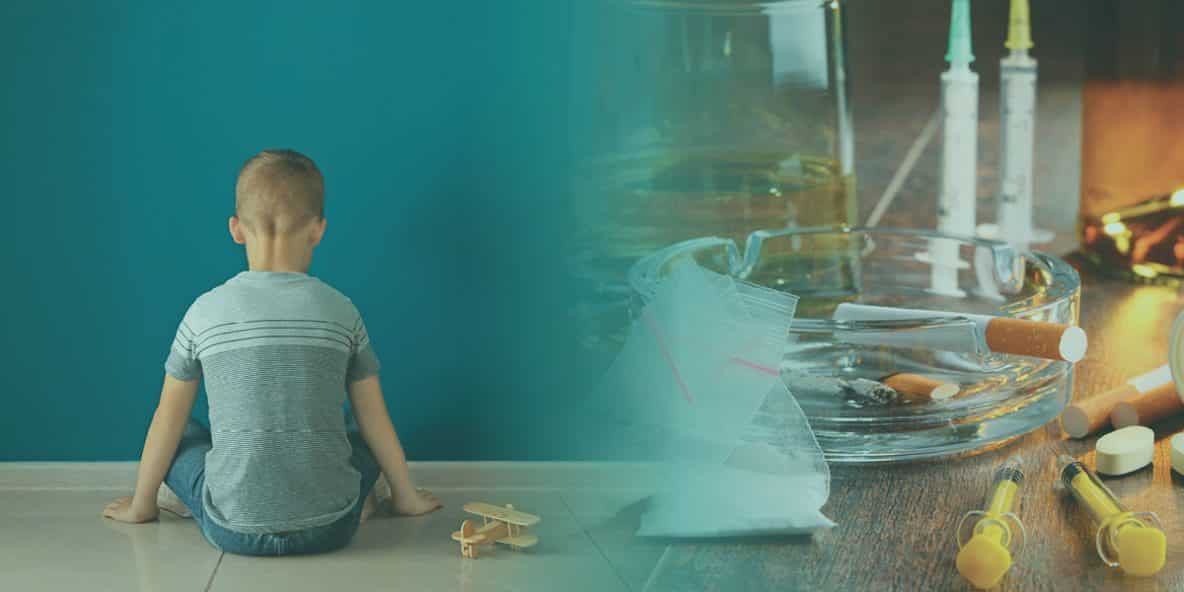People with autism are more likely to use recreational drugs to self-treat for mental health symptoms, according to a study released by the University of Cambridge.
For the study, researchers examined more than 1,100 people with autism and an additional 1,203 people with no history of autism, aged between 16 and 90.
Released in the Lancet Psychiatry, the participants gave their input on the frequency of drug use through the completion of online surveys.
According to the findings: “Autistic adults were less likely than non-autistic peers to use substances. Only 16% of autistic adults, compared to 22% of non-autistic adults, reported drinking on three or more days per week on average. Similarly, only 4% of autistic adults reported binge-drinking compared to 8% of non-autistic adults.”
“While some of our results suggest lower likelihood of substance use overall, physicians should not assume that their autistic patients aren’t using drugs,” said Carrie Allison, a co-author of the study.
“Drug use can be harmful so healthcare providers should aim to establish trusting relationships with autistic and non-autistic patients alike to foster frank and honest conversations about substance use.”


